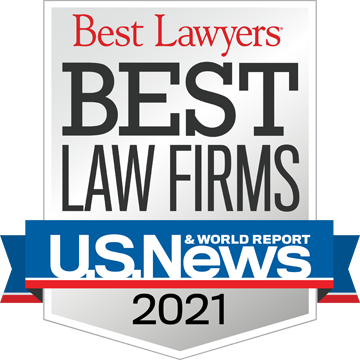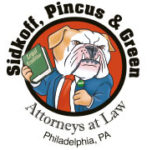How a Company can obtain an Enforceable Non-Compete Agreement under Pennsylvania Law
If you are charged by your Pennsylvania company to ensure that independent sales representatives, employees, agents or others dealing with your company cannot harm it at the end of the relationship, your search will inevitably lead to an agreement containing a restrictive covenant against competition, often referred to as a “non-compete”. If you elect to go with a non-compete, you should be concerned about whether it can be enforced in court. A Pennsylvania lawyer experienced in both drafting non-competes and litigating them is best equipped at understanding how to make your non-compete enforceable under the law.
In addition to the need to demonstrate that your non-compete does not include too broad a geographical limitation or too long a restriction, either of which could make it unreasonable in the eyes of the law, there is another more subtle, but yet powerful defense your lawyer must consider when drafting and litigating your company’s rights to be free from competition from a person who could unfairly hurt it: Your company must demonstrate that it has a valid property interest in what it seeks to protect. For example, many non-competes purport to protect goodwill which often takes the form of preventing a former employee, agent or distributor (“former party”) from calling on your customers and clients, especially those the former party dealt with while working for or with your company. However, many lawyers in drafting non-competes are not up to speed on the intricacies of the law, and they mistakenly believe goodwill is an inherent asset owned by a company Unfortunately, that mistaken belief prompts them to neglect to dissect the elements of the creation of goodwill. The result is that an improperly drafted non-compete can make it appear that the company did not make a sufficient investment in the goodwill to allow it to rise to the level of being an asset worthy of protection in the non-compete. An even more devastating result is that the court could make a finding that the former party (instead of the company) legally owns the goodwill, and worse, that the former party can stop the company from selling to those customers or clients – the very same customers and clients the company sought to protect when it asked its lawyer to draft the non-compete language.
Ensuring that the language in the non-compete matches what the law demands, and suggesting steps the company should follow to lock-in protection of its goodwill are important steps for your lawyer to follow to make certain the company can prove it has an enforceable property interest in goodwill. However, the challenge to your company’s goodwill is but one of many hidden defenses that your lawyer must apprehend when drafting and litigating non-competes. The word “hidden” refers to the fact that to find these defenses, it is necessary for your lawyer to scour the numerous cases dealing with the issues of when and how a company can develop a property interest in an intangible asset, such as intellectual property and customer lists.
Because the aforementioned legal issues are not all cataloged under the obvious legal research tools available to attorneys, many lawyers miss them at the drafting stage, or in litigation. It is a common mistake for lawyers to stop looking when they find the obvious cases related to non-competes, while overlooking valuable insights that can be gleaned from court decisions dealing with other aspects of law such as bankruptcy, divorce and shareholders’ rights. The key is that courts often are required to make searching inquiries and rulings about specific business related issues that are raised in those cases, but their rulings are not usually referenced in the cases that just concern non-competes. By way of contrast, the savvy lawyer in a non-compete case comprehends the interrelationship of many diverse areas of the common law (and of course, Pennsylvania law), and eschews legal research that is pigeon holed into just the law found in the non-compete cases.
After the legal profession moved to hyper-specialization, it became common for lawyers who wrote the contracts to not have had to defend them in court; and instead, a lawyer who specializes in litigation stepped in. Consequently, many lawyers who exclusively draft contracts are not cognizant of the hidden defenses. In this instance, a company might be better served by using a lawyer who both drafts contracts and is also able to litigate them.













